Should I Have Monitored Smoke Detectors on My Home Security System?
Provide additional protection for your family and home.
Close to thirty years ago, the quiet and quaint area where my childhood home is located was unfortunately targeted by numerous break-ins. Within days, email chains were created, neighborhood watches were formed, and, as you might have guessed, home security systems were installed. After assisting in taking over a good number of the originally installed systems, I always found one thing confusing—none of the systems had monitored smoke detectors on them (my family included).
When I ask customers why they do not have monitored smoke detectors, the most common answer is, “I did not know it was an option.” There could be a few reasons for this: #1 - the original company did not feel comfortable installing these devices, #2 - the company did not have a license to install the products, or #3 - the representative did not take the time to go over all aspects of a security system.
Having worked in the industry for over 10 years now, my gut tells me it was #3. This, in my opinion, is a significant disservice to the customer, as I believe monitored smoke detectors are one of, if not the most important devices on a security system. With that said, I want to go over the pros and cons of having monitored smoke detectors on your alarm system so that you can decide if the device is right for you, but first let’s go over the basics.
How Many Smoke Detectors Do I Need to Be Up to Code?
NFPA 72 states it has a required minimum that smoke detectors be installed as follows:
- One inside every sleeping room
- Outside each sleeping area
- One on every level of the home
*Additional smoke alarms are required for larger homes. These devices can be local sounding products as code does not require monitored smoke detectors.
What Is a Monitored Smoke Detector?
A monitored smoke detector is a device that can be installed on a system to alert your security provider and you if a fire were to occur. Your security provider would then reach out to your local fire department and then contact you to see if it is in fact an emergency. The number of monitored detectors on a system varies for each home, as it is typically dependent on the size of the home, budget, and current protection level. These products can be wirelessly connected to a control panel or hardwired if it is a new building or if there are preexisting wires in place.
Now that we have touched on the basics of required smoke detector coverage and how monitored smoke detectors work, let's go over the pros and cons.
Pros of Monitored Smoke Detectors:
- Safety.
- Peace of mind when you are not home.
- Easy to disable.
- Increased discount on your home insurance rate.
Safety
This one is pretty straightforward, the more protection you have, the better. Additionally, monitored smoke detectors are connected to a security system and are active at all times so even if you forgot to arm your system they will still call out to your monitoring station. This can come in handy during an emergency seeing as how most people's first reaction is to try and put out a fire rather than calling your local fire department which can make a world of difference.
Peace of mind when you are not home
The most common response from customers when monitored smoke detectors are brought up in conversation is “we have detectors all over our house”. That is great for when you are home, but what about when you are away for the weekend or out running errands? Without monitored smoke detectors, you would not know something was wrong until a neighbor spotted it and at that point severe damage would be done. Families with pets should also take into consideration the safety of their family members that are oftentimes left home alone.
Easy to disable
Hate dealing with a smoke detector that will not stop beeping? We have all been there before, trying to disable them by reaching up and using the end of a pen or pencil to hit the button and silence the device. Well, disabling monitored smoke detectors is a lot easier! If a device trips and you need to turn them off, you simply go to your keypad and type a four-digit code.
Increased discount on your home insurance rate
When you have a monitored security system you receive a discount on your homeowners’ insurance. Typically, when you add life safety devices to your system that discount will increase. Adding protection to your home while saving money annually sounds like a win-win!
Cons of Monitored Smoke Detectors
- Price.
- Possible service calls.
Price
The price point of monitored smoke detectors is the biggest drawback to the device. Most of the time you can find a four or five-pack of local sounding smokes for the price of one monitored device. The reason for this is quite simple, monitored smokes cost manufacturers more to make so they are going to cost the customers more to buy. This is the part where customers need to weigh the importance of safety and cost to see what they are most comfortable with.
Possible Service Calls
In most situations, if there is something wrong with a smoke detector we will find out during the initial installation. With that said, just like any other product out there that you might purchase, there are cases in which devices will fail before the expected lifespan of a smoke detector (7-10 years). The downside to this is that if the device does not fall under warranty replacement you would need to purchase a new device and schedule a service call with one of our technicians as you would not be able to replace the detector yourself.
While we believe monitored smoke detectors are vital to any security system, what is most important to us is that you find a security system layout that you love and will utilize. If monitored smoke protection is not right for you we completely understand, we just hope this article was helpful in educating you on the topic.
Thank you for your time and do not hesitate to reach out with any questions or feedback!
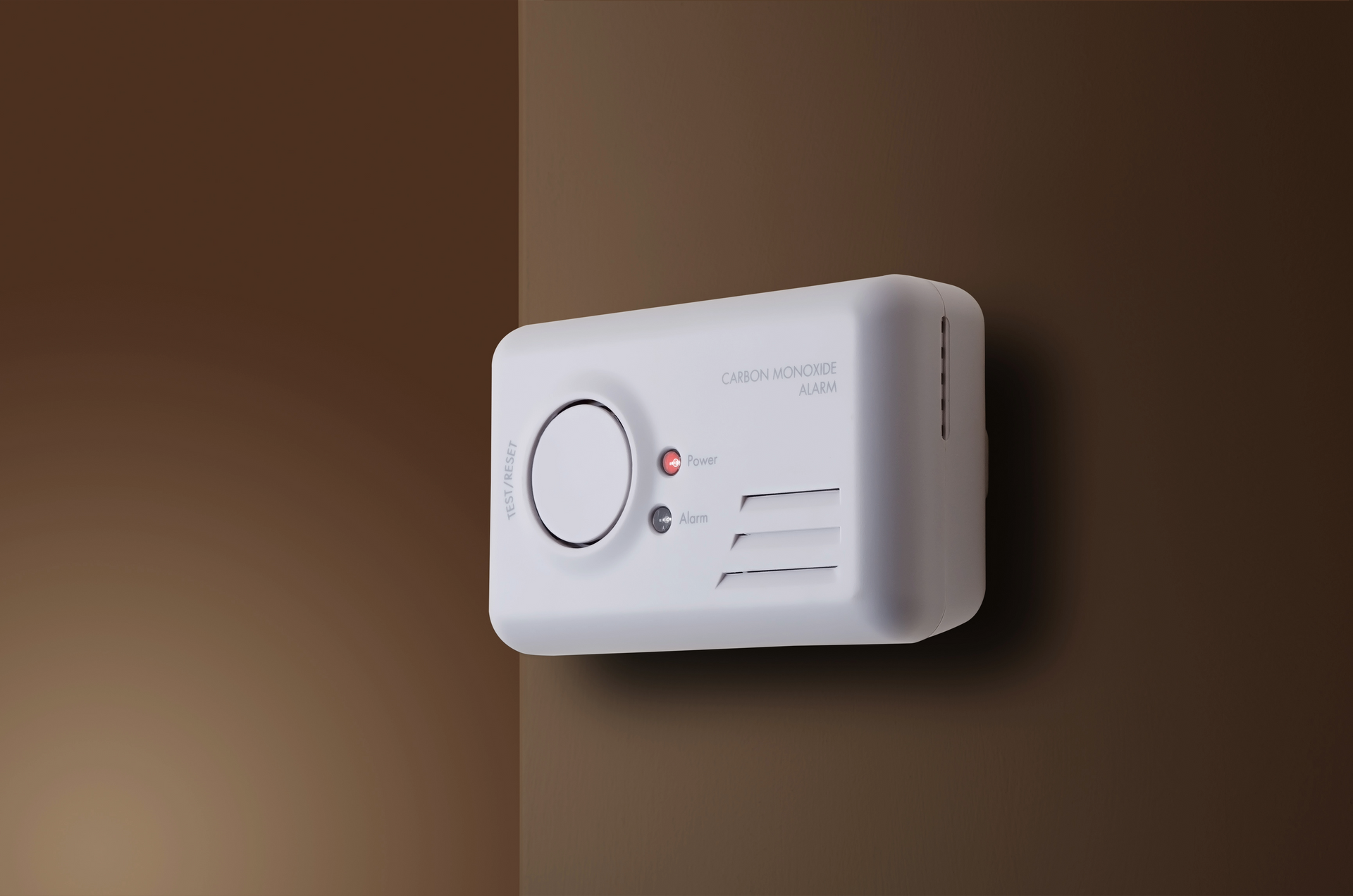
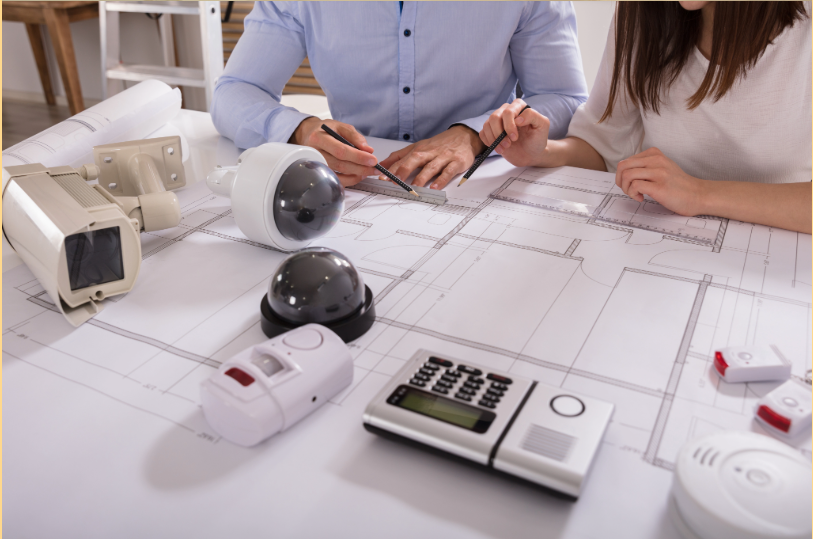

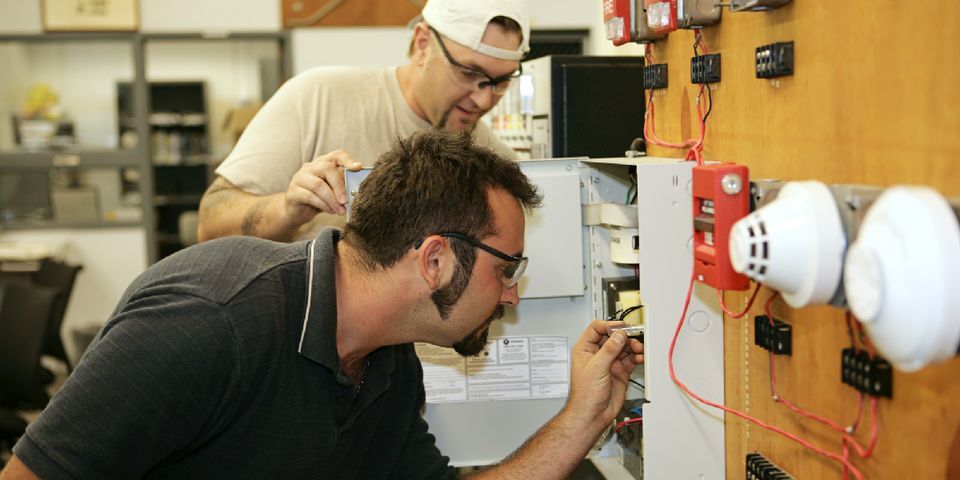
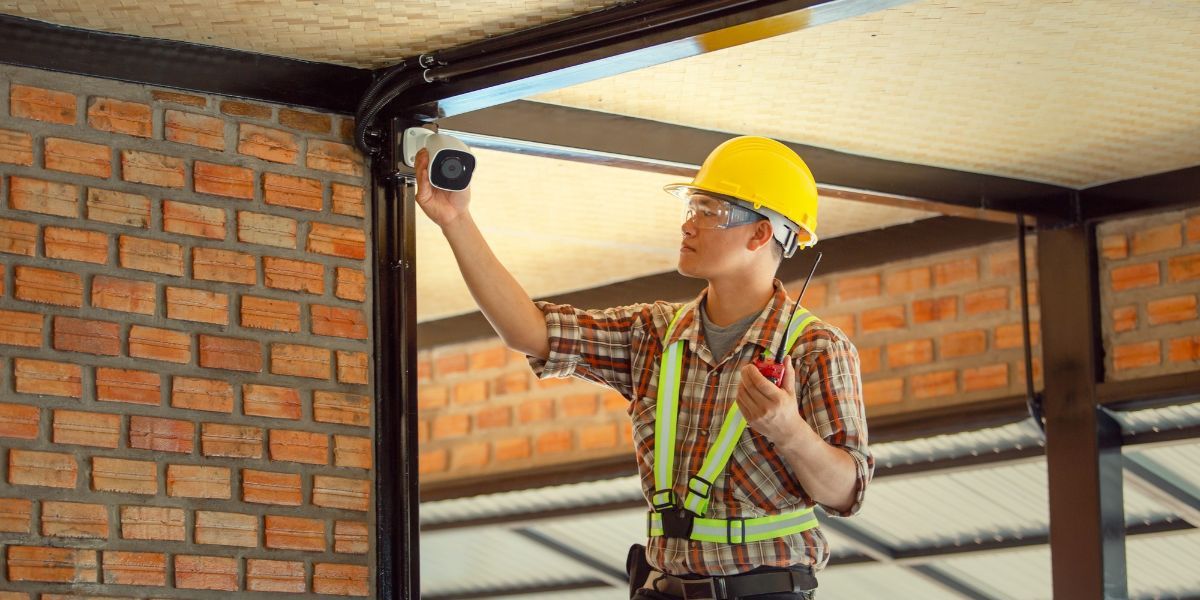

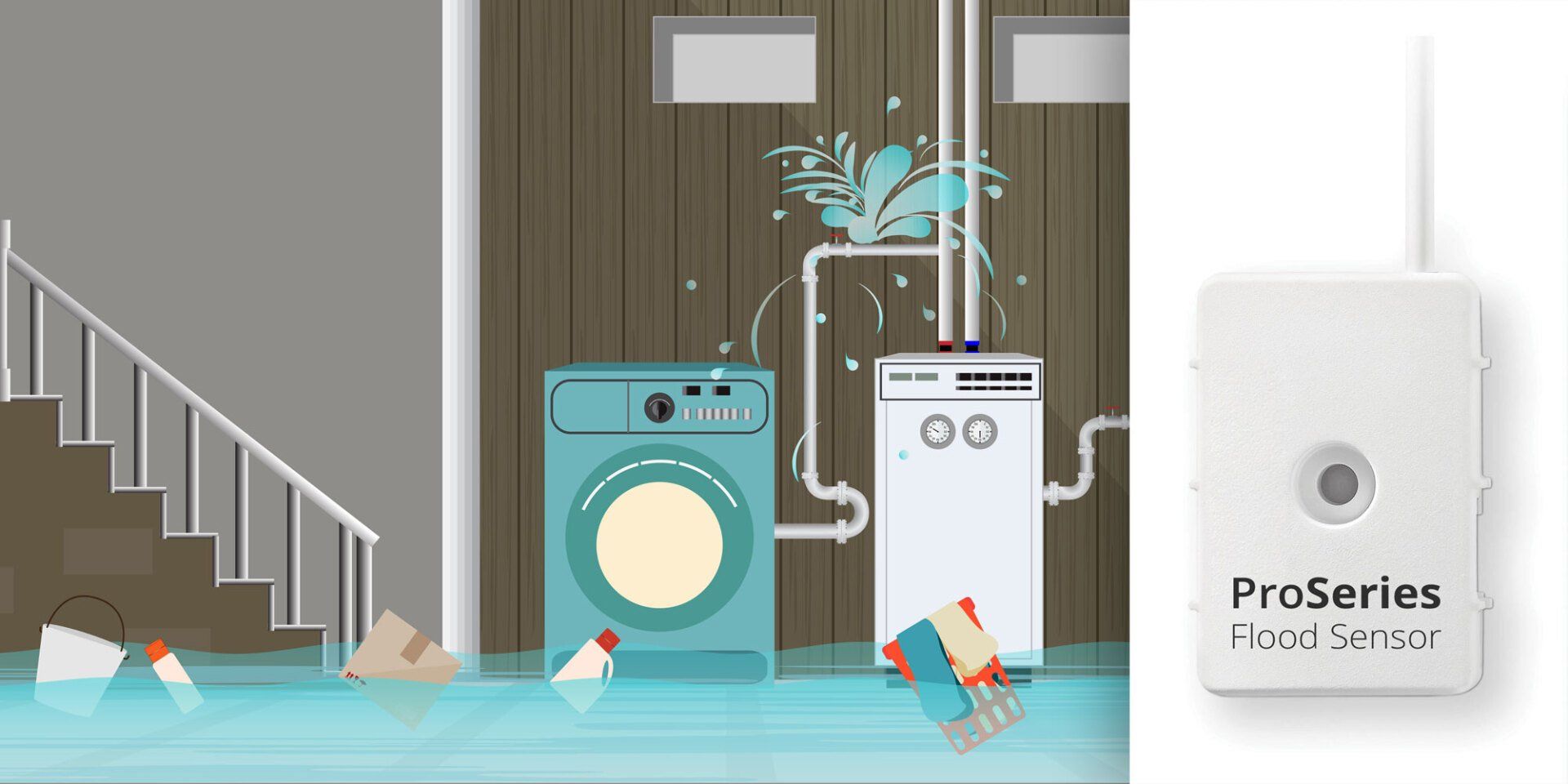
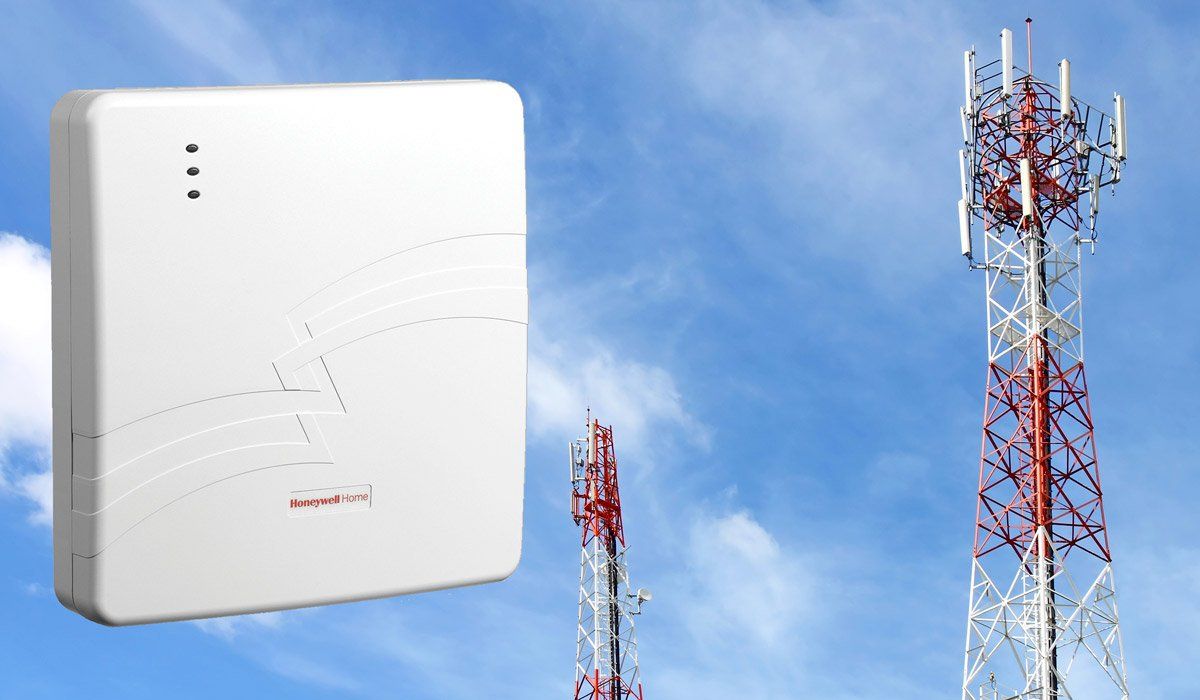

ATP Alarms Google Reviews
 Rating
Rating
Commercial
Residential
Locations
Connecticut Counties:
Fairfield, Hartford, Litchfield, Middlesex, New Haven, New London, Tolland, Windham
Connecticut Cities/Towns:
Avon, Branford, Darien, Glastonbury, Greenwich, Hamden, Manchester, New Canaan, New Haven, North Branford, South Windsor, Stamford, Tolland, Vernon, Wallingford, West Hartford, West Haven, Westport
Florida Counties:
Orange, Osceola, Brevard, Indian River, Saint Lucie, Martin


